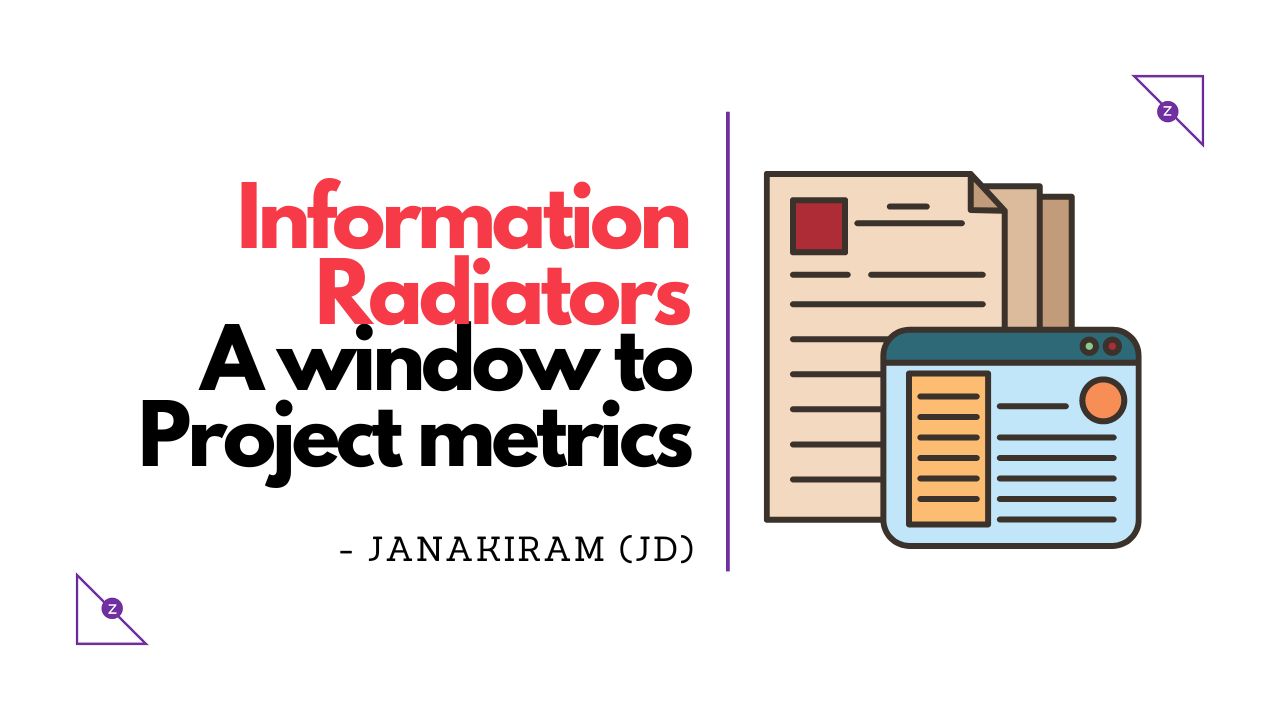In today’s dynamic world of project management, teams often find themselves overwhelmed by the plethora of tools and techniques available to streamline their workflow. Amidst this complexity, one approach stands out for its simplicity and effectiveness: information radiators.
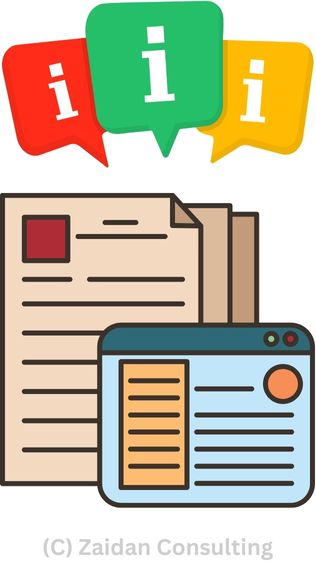
In this comprehensive guide, we’ll delve deep into the concept of information radiators, exploring what they are, how they work, and why they’re indispensable for modern teams.
Understanding Information Radiators
Information radiators are visual displays of project information, prominently placed in team spaces to provide constant, clear updates on progress, status, and other relevant data. Unlike traditional reports or metrics buried in documents, information radiators are designed to be highly visible and accessible to everyone involved in the project.

By making information readily available and easily digestible, they promote transparency, collaboration, and informed decision-making.
Types of Information Radiators
- Task Boards: Perhaps the most well-known form of information radiator, task boards visually represent the workflow of a project, typically using columns to indicate stages such as “To Do,” “In Progress,” and “Done.” Teams use sticky notes or digital tools to move tasks across these columns as they progress, providing a real-time snapshot of the project’s status.
- Burn-Down Charts: Burn-down charts track the remaining work (usually measured in tasks or story points) over time, illustrating whether the team is on track to complete the project within the desired timeframe. They help teams identify trends, adjust their pace, and anticipate potential roadblocks.
- Burn-Up Charts: Similar to burn-down charts, burn-up charts track the cumulative progress of completed work over time. They provide insights into overall progress and scope creep, allowing teams to manage stakeholder expectations and prioritize tasks accordingly.
- Information Walls: Information walls display a variety of project-related information, such as goals, timelines, key metrics, and risks. They serve as a centralized hub for team communication and decision-making, fostering alignment and shared understanding.
- Kanban Boards: Originating from lean manufacturing principles, Kanban boards visualize workflow using cards and columns, with each card representing a task or work item. Teams limit work in progress to improve flow and efficiency, making Kanban boards an effective tool for managing both simple and complex projects.

Benefits of Information Radiators
- Increased Transparency: By making project information visible to all team members, information radiators promote transparency and accountability, reducing the likelihood of misunderstandings or miscommunication.
- Enhanced Collaboration: Information radiators encourage collaboration by providing a shared understanding of project goals, progress, and priorities. Team members can easily identify dependencies, share insights, and coordinate their efforts accordingly.
- Faster Problem Identification: With real-time updates on project status, information radiators enable teams to identify problems and bottlenecks early on, allowing for timely intervention and resolution.
- Improved Decision-Making: Armed with accurate and up-to-date information, stakeholders can make informed decisions quickly, minimizing delays and maximizing productivity.
- Motivation and Engagement: Information radiators create a sense of ownership and accomplishment among team members, as progress and achievements are visually represented for all to see. This can boost morale and motivation, driving higher levels of engagement and performance.
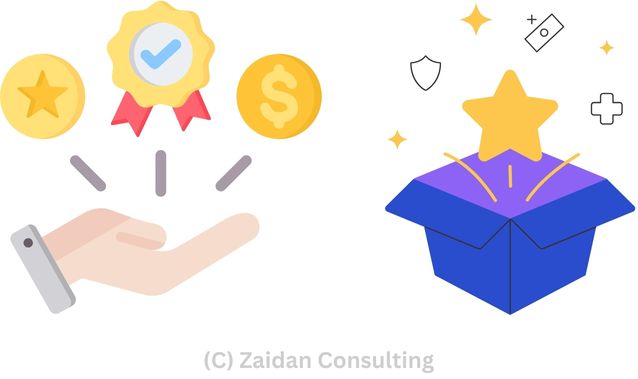
Best Practices for Implementing Information Radiators
- Keep it Simple: Information radiators should be easy to understand at a glance. Avoid clutter and excessive detail, focusing on the most relevant and actionable information.
- Ensure Visibility: Place information radiators in highly visible areas frequented by team members, such as common workspaces or virtual collaboration platforms.
- Update Regularly: Keep information radiators up-to-date with accurate data, ensuring that they reflect the current state of the project.
- Encourage Participation: Foster a culture of participation and collaboration around information radiators, encouraging team members to contribute updates, insights, and feedback.
- Evolve Over Time: Continuously evaluate and refine your information radiators based on feedback and changing project needs. Adapt them as necessary to ensure they remain relevant and effective.
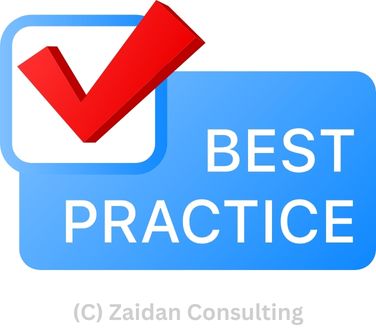
Conclusion
In an era defined by complexity and rapid change, information radiators offer a beacon of clarity and simplicity for teams navigating the challenges of project management. By providing real-time visibility into project status, progress, and priorities, they empower teams to collaborate effectively, make informed decisions, and drive successful outcomes.
Whether in the form of task boards, burn-down charts, or information walls, information radiators have become indispensable tools for modern teams seeking to thrive in today’s fast-paced, competitive landscape.
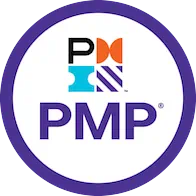
Our PMI® PMP®-Prep Course
If interested in this course, click here
- Case study based training
- LIVE instruction 36 Hours
- Post course guidance
- Exercise per topic
- 4 Mock exams for practice
- WhatsApp group support
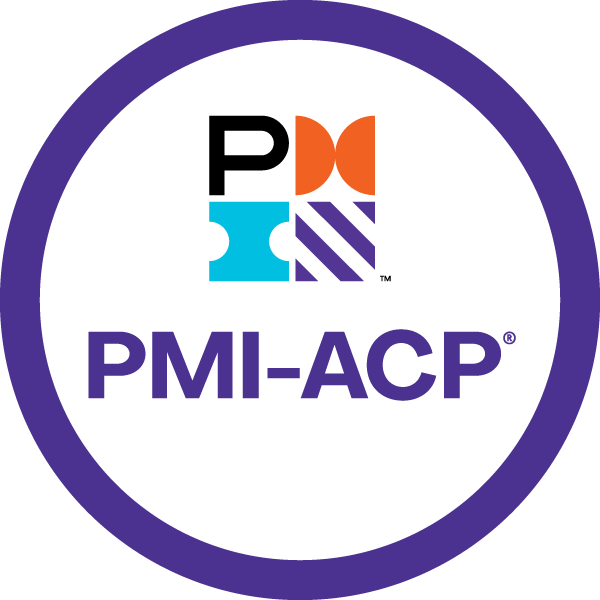
Our PMI® ACP®-Prep Course
If interested in this course, click here
- WhatsApp group support
- 4 Mock exams for practice
- Exercise per topic
- LIVE instruction 20 Hours
- Post course guidance
- Case study based training

JD (Coach/Instructor/Writer)
JD (a.k.a Janakiram) is a Project Management Coach, Trainer Author and Practitioner @Zaidan Consulting. He comes with around 17+ Years of experience primarily from the Software Industry. He is certified on PMI® PMP®, ACP®, Scrum Alliance CSM and Microsoft Certified Solution Developer on C#.NET. He has also authored the book “Practical Agile for Beginners”

About Zaidan Consulting
Zaidan Consulting are specialists in Project and Program Management space. Our training offerings include:
- Project Management Training
- Agile Training
- PMI®-ACP® Prep Training
- PMI®-PMP® Prep Training
- PMI®-CAPM® Prep Training
- ScrumStudy™ Authorized Training Partner (A.T.P)
Or you can contact us @+(91) 7672011471
Or Email us: contact@zaidanconsulting.com
